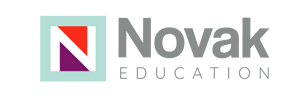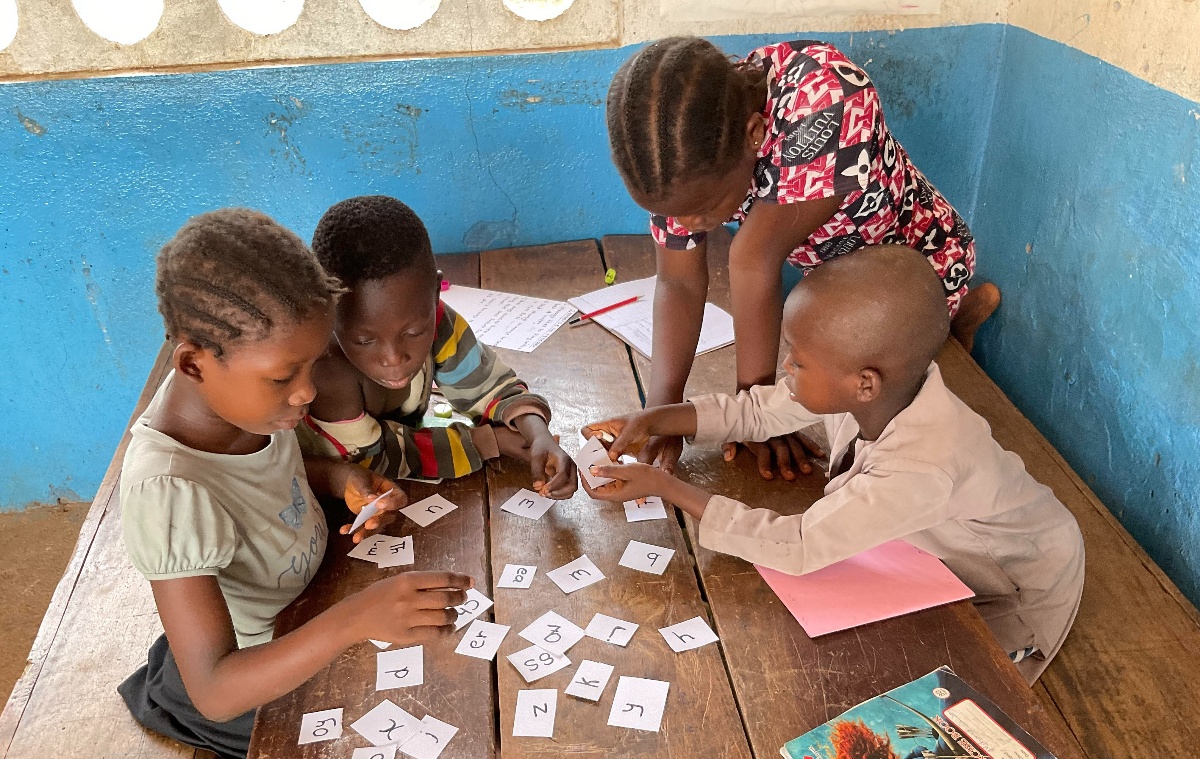Learning Globally: Overcoming Challenges with Innovative Strategies
Imagine a classroom bustling with energy: students lean forward, their eyes sparkling with curiosity and determination as they tackle complex math problems disguised as a thrilling game. Now, zoom out—beyond the eager faces: a dirt floor, walls sheltering up to 90 students, no electricity, and holes in the roof that let the rain in. This is where Universal Design for Learning (UDL) comes to life, demonstrating that educational transformation doesn't hinge solely on high-tech tools or pristine conditions.
"It is critical to recognize that waiting for ideal conditions cannot be a barrier to providing students with a humane and rigorous education."
The core of UDL is establishing firm goals and designing varied pathways that capitalize on students' strengths and needs. The UDL framework provides a lens to ensure every learner is welcomed into inclusive environments, actively engaged in their education, and given numerous opportunities to personalize their learning journey. While resources like high-tech tools, state-of-the-art facilities, and small class sizes are incredibly valuable, UDL's transformative potential does not depend solely on these elements. It is critical to recognize that waiting for ideal conditions cannot be a barrier to providing students with a humane and rigorous education. Instead, UDL emphasizes the importance of student-led learning, creativity, and flexibility to adapt to any educational setting, regardless of resources. This approach is vital globally, especially in under-resourced educational environments where innovation must bridge the gap imposed by material limitations.
Consider Sierra Leone, where nearly a third of all teachers are unqualified (Teaching Service Commission Sierra Leone, 2020), and access to electricity —and thus technology—is limited. Here, educational settings starkly contrast with those in more developed regions such as the United States. In Sierra Leone, classes in some schools may reach 80-90 students or more with little or no access to high-quality technology and instructional materials. Some students may not have notebooks to even copy lessons from the blackboard.-1.jpeg?width=200&height=270&name=IMG_6764%20(1)-1.jpeg)
Despite such challenges, UDL principles can profoundly transform educational experiences. EducAid (the organization where Miriam Mason works) has framed school improvement work by focusing on ten key strategies that have been essential in shifting from antagonist to respectful relationships and from teaching for teaching to teaching for learning in resource-constrained environments.
Part 1 - Shift to respectful relationships
- Let every child know they are seen and known
- Develop a Growth Mindset
- Support learning to learn
- Create a kind classroom
- Believe in your students
Part 2 - Shift to teaching for learning
- Know the children’s level of mastery at any given time
- Group the children purposefully based on data
- Focus on core skills
- Make teaching and learning fun
- Strengthen Executive Functioning
Supporting teachers in moving away from traditional practices such as chorusing and copying—common in many limited-access classrooms—involves adopting more interactive and student-centered teaching methods. Chorusing, where students repeat information after the teacher, and copying, where they write down information verbatim, are passive learning techniques that often fail to engage deeper thinking or understanding. This shift to activity-based learning can be facilitated through the innovative use of simple materials like cardboard boxes, sticks, and stones, drawing in the sand and turning basic resources into engaging learning tools. Booklets (like this one) are part of EducAid's support model, which includes coaching, demonstrations, and co-construction of games, helping teachers reimagine their classrooms, relationships with students, and approaches to learning in completely new ways.
By adopting these strategies and engaging in activity-based lessons, teachers are finding innovative ways to apply the UDL principles despite the material constraints of their situation. This approach emphasizes that UDL is not about abundant resources but a mindset and optimizing whatever is available to eliminate barriers and enhance learning outcomes. Experiences like EducAid’s in Sierra Leone remind us that geographical or economic boundaries don't limit educational innovation. It is about a mindset of inclusivity and adaptability—qualities that all educators can foster regardless of their environment.
As we continue to push the boundaries of what's possible in education, we have to remember that at the heart of UDL is a commitment to ensuring every student has the opportunity to succeed, no matter where they are in the world.
Dr. Miriam Mason was educated in the UK and moved to Sierra Leone in 2000 to start EducAid’s first school. Mason currently serves as the Country Director of EducAidSL, particularly centering on the transformation of relationships across school communities including with regards to gender equity and radical transformation of teaching and learning.


